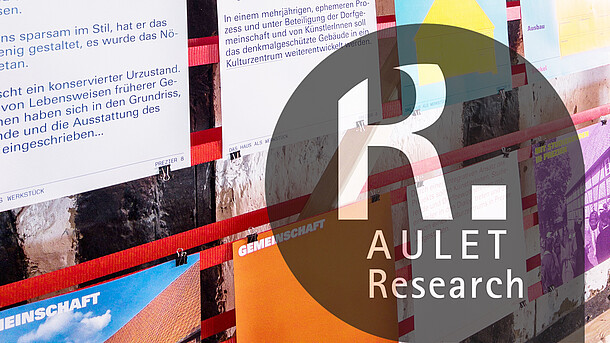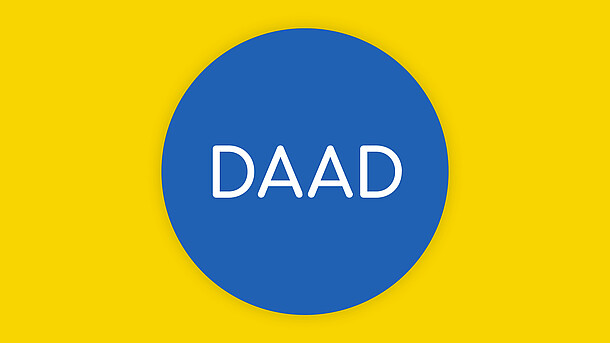Research



The faculty's strength in its broad and interdisciplinary positioning will be newly bundled in a future-oriented and internationally unique research profile.
The faculty's strength in its broad and interdisciplinary positioning will be newly bundled in a future-oriented and internationally unique research profile.
At the Faculty of Architecture and Landscape Sciences, the spatial disciplines of architecture, urban design and planning, landscape architecture and environmental planning are combined in an internationally outstanding spectrum.
The faculty is developing a new, sustainable research profile through research projects and applications. The following research lines are currently enhanced:
-
Al and Data-Driven Design for Architecture and Environments
-
Sustainable, Liveable, and lnclusive Cities
-
Design Research in Architecture, Landscape, Design
-
Climate Adaptation, Ecosystem Services and Biodiversity
These lines of research reflect the strengths and potential of the faculty and respond to the UN Sustainabie Development Goals, in particular the goal of Sustainable Cities and Communities, but also goals such as climate neutrality, overcoming the energy and resource crisis, resilience, tackling biodiversity loss and reducing social inequality. The research lines aim to develop innovative concepts and methods in terms of resources, resilience and quality of life in urban and rural areas.
Current research and development projects, the research activities of the institutes with their research conferences and publications as well as doctoral dissertations demonstrate the Faculty's commitment to research. The yearbook Hochweit, published by Jovis, presents both the teaching and the research successes of the faculty. Through intensive research cooperations in university networks, with other faculties of Leibniz Universität Hannover and with international partners, the faculty established an extraordinarily broad networking of its research activities. Its strength in knowledge transfer is based on cooperation with cities and regions as well as with civil society initiatives and enterprises.
The faculty places particular emphasis on the development of a special architectural culture in research. Formats introduced for this purpose, such as the lecture series Lunchtime Lectures, the faculty-wide methodological colloquium Open Research for doctoral students and the faculty's own research incentive programme AULET, enhance the attractiveness of the faculty for young researchers.



RESEARCH FOCUS
to the main research focus
RESEARCH PROJECTS
to selected examples
RESEARCH AT THE INSTITUTES
to the 9 institutes of the faculty
RESEARCH COOPERATION
to the overview
RESEARCH INCENTIVE PROGRAMME
AULET
to the promotion of the junior researchers
DOCTORAL STUDIES
to further information




























